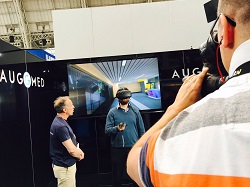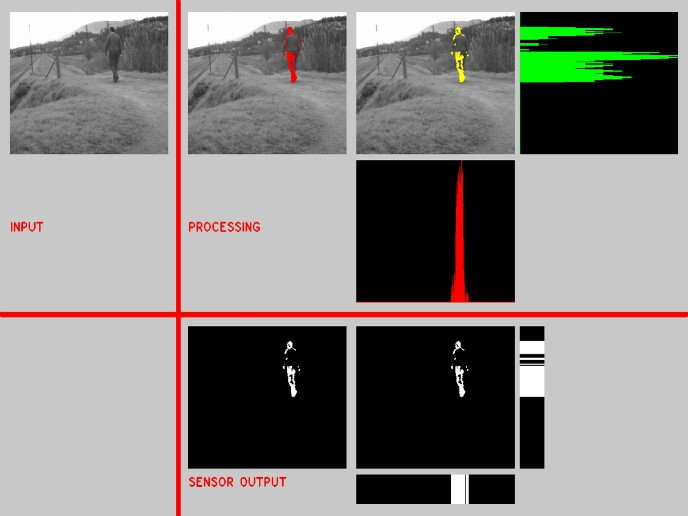Virtual reality training to help catch drug trafficking
World drug usage is growing significantly every year. So is its trafficking: although the value of this market is difficult to estimate, experts evaluate it at approximately USD 400 billion. The amount of work this implies for investigators is mind-bending. It also means that, to be effective in their jobs, these investigators need to be well-trained in various disciplines, as well as have the means to cooperate with their peers in other countries. The LAW-TRAIN(opens in new window) (Mixed-reality environment for training teams in joint investigative interrogation-Intelligent interrogation training simulator) project aims to fill existing gaps, with a virtual investigation training system jointly developed by universities, governments and relevant companies. ‘We know that training by role-playing is very beneficial. But doing it with a team of senior law-enforcement personnel from different European countries is very difficult: all are very busy and located in different places,’ says Prof. Sarit Kraus, coordinator of the project for Bar Ilan University in Israel. Thanks to LAW-TRAIN, investigators will soon benefit from a virtual reality training platform that allows them to remain in their country while interacting with other team members across Europe. Each training session consists of four phases: individual preparation, where the trainee receives information about the case; joint preparation, where the trainee can exchange information and shape a joint strategy with his or her peers; investigative interview, where one or two trainees get to interview the virtual suspect in the presence of an equally virtual lawyer; and debriefing/evaluation. The use of virtual reality (VR) is focused on phase three and makes use of the Oculus Rift headset. ‘Recruiting a person to play the role of the suspect is difficult, so LAW-TRAIN provides a virtual suspect that the team can interview,’ Prof. Kraus explains. ‘Besides, we provide various tools for the trainers: LAW-TRAIN supports many scenarios and enables the creation of new ones. It provides statistics on the trainees’ performance and includes a virtual trainer who can comment on the trainees’ performance and any deviation from the European ethical guidelines online.’ These aspects of LAW-TRAIN make for as many different modules, all developed by project partners and mediated by an exchange server. Each module was, of course, developed in close cooperation with end-users. ‘They love it,’ Prof. Kraus enthuses. ‘The system was presented at the MILIPOL conference to dozens of end-users who were enthusiastic and are now awaiting commercialisation.’ The system will be available on various platforms. All it requires for working is a fast local computer and a secure Internet site for activities such as video conferences and information analysis. Before LAW-TRAIN makes it to the market, the team intends to continue testing the system with end-users and improving its modules until the project comes to an end in April 2018. ‘We are also looking for even more innovation beyond the goals set in this project, hoping to develop them as well in the future,’ Prof. Kraus says. Since LAW-TRAIN has been designed as a generic engine, the development of scenarios for other types of illegal activities as well as other cross-border teamwork training is very likely.







